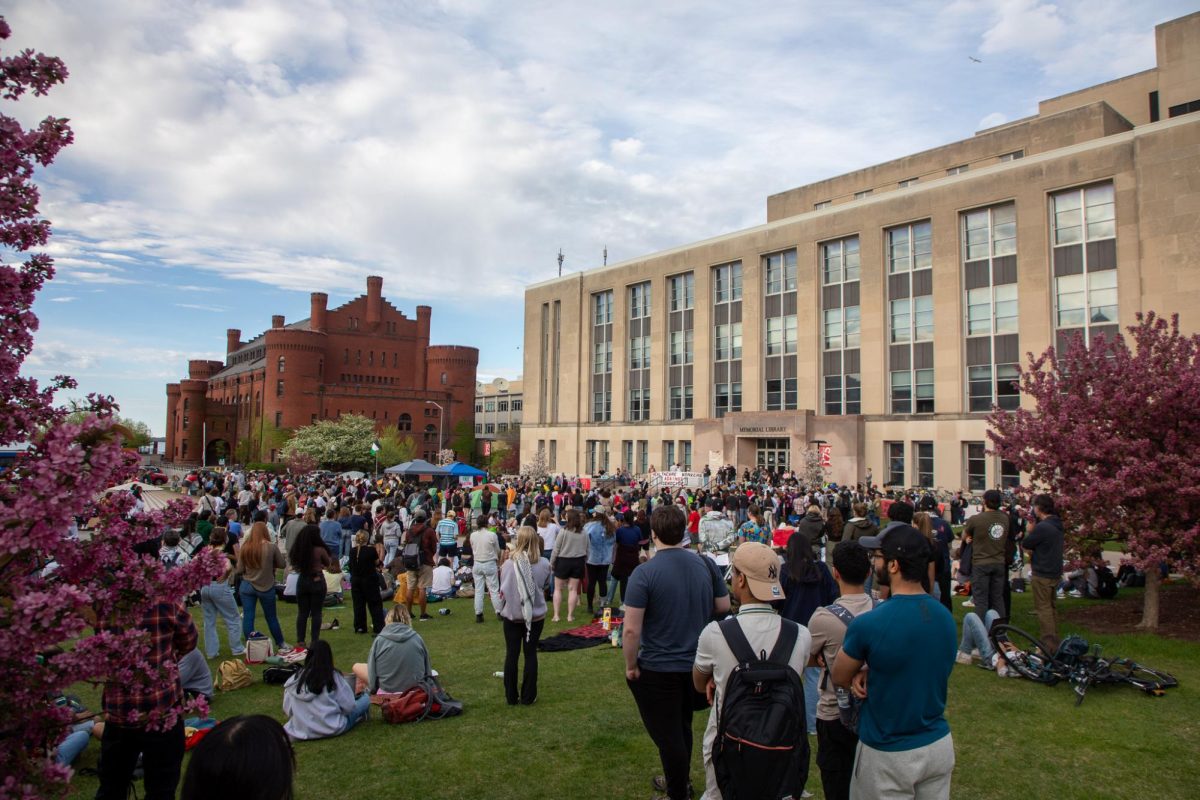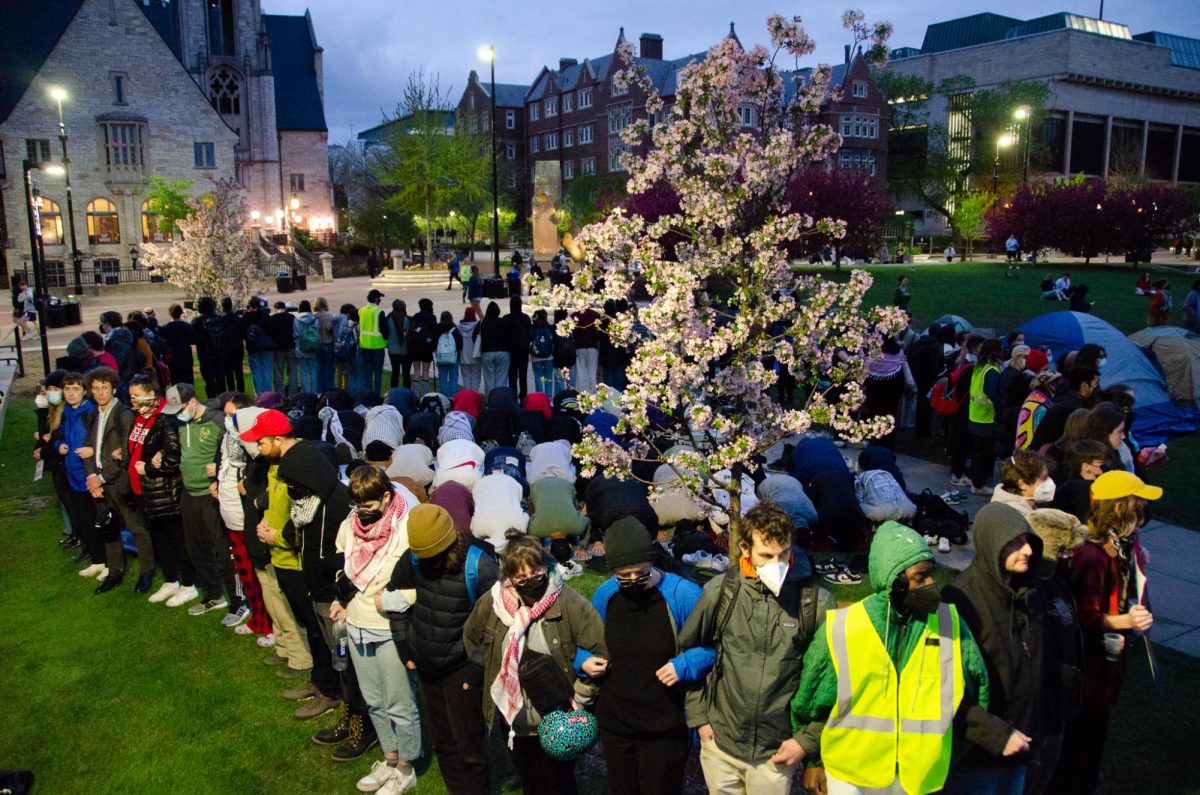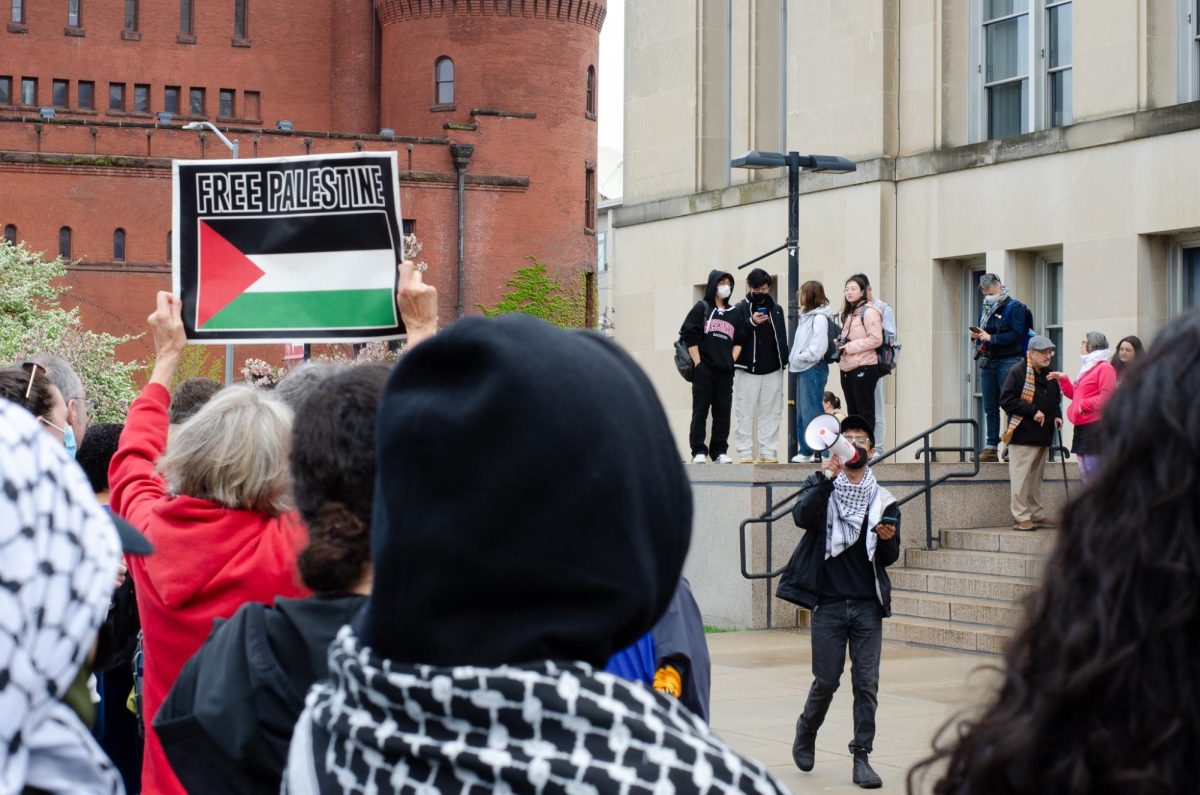In collaboration with two land-grant institutions, the University of Wisconsin announced it received a federal grant to provide educational opportunities for Indigenous students.
The Wisconsin Land-Grant System Partnership for Advancing Native Education Pathways, the project funded by the grant, seeks to engage Tribal Nations, UW faculty, staff and community members to partner in integrating Indigenous knowledge and methods into students’ academic experiences.
The grant-funded project aims to further academic achievement and pursuit of science, technology, engineering and math among Indigenous students during their secondary education, according to the announcement, in order to foster an easier transition to post-secondary schooling.
Funding from the U.S. Department of Agriculture grant will be split three ways between the sub-awardees Lac Courte Oreilles Ojibwe College, the College of Menominee Nation and UW.
Dean of Continuing Education at the College of Menominee Nation Brian Kowalkowski said many Indigenous students are often not academically prepared to continue into higher education, and the cultural differences can making changing environments difficult.
The opportunity allows the College of Menominee to share with UW their practices working with Indigenous students, and emphasize the importance of culture, Kowalkowski said.
“Putting this all together and looking at a more uniform way of preparing these Native students, often from rural areas, is essential in ensuring they can be more successful,” Kowalkowski said.
Tribal Relations Director for the UW and the Division of Extension Aaron Bird Bear said middle schoolers in tribal nations find messages from programs like this influential. When tribal youth see Indigenous languages and cultures valued, they can begin to picture themselves in higher education, Bird Bear said.
By establishing sustained pathways which encourage Indigenous students to pursue higher education, and working to integrate Indigenous worldviews, culture and language into their curriculum, tribal people can see universities creating a much more inclusive environment for Indigenous students, Bird Bear said.
The College of Menominee Nation previously established a successful Menominee Youth Empowerment Program to provide a cohort of young people with resources, opportunities and college preparatory skills, Kowalkowski said.
The program included educational activities, like ACT test prep and FAFSA assistance, along with elder and community leaders talking about the significance of the culture, Kowalkowski said.
“To really understand the importance of knowing your culture, I think really contributed to a special sense of belonging for the students, beyond just learning basic educational skills,” Kowalkowski said.
For the new programs under the grant funding, teams are looking to establish an advisory of students and staff from each of the land grant institutions, Kowalkowski said. He said the program organizers of the grant see it as more of a planning grant to allow future teams to continue seeking funding and expanding the programs.
UW System works with Native American nations to increase Native enrollment, graduation rates
Kowalkowski said the program provides an opportunity for the three Wisconsin land grant institutions to collaborate and provide a specific curriculum for Indigenous students. He said the grant additionally allows the institutions to share resources and better identify the needs of the Indigenous community.
Native American historian discusses missing, murdered indigenous women
Programs under the grant are guided in partnership with business, industry, Tribal government and higher education with the preparation of future employees in mind, from enrollment to graduation, according to the announcement.
“When we think about who goes to college today, it’s a privilege to go to higher education — one out of eight Native Americans goes into higher education,” Bird Bear said. “Native Americans have governments to run, economies to maintain and need an educated tribal citizenry so that Indigenous nations continue to prosper and grow. ”
Bird Bear said the vast majority of the educational grant will go to hiring and paying staff salary positions. He added the grant will establish several different pre-college programs embedded across many Tribal nations and the three land-grant institutions, which will require extensive staffing to create and extend.





















